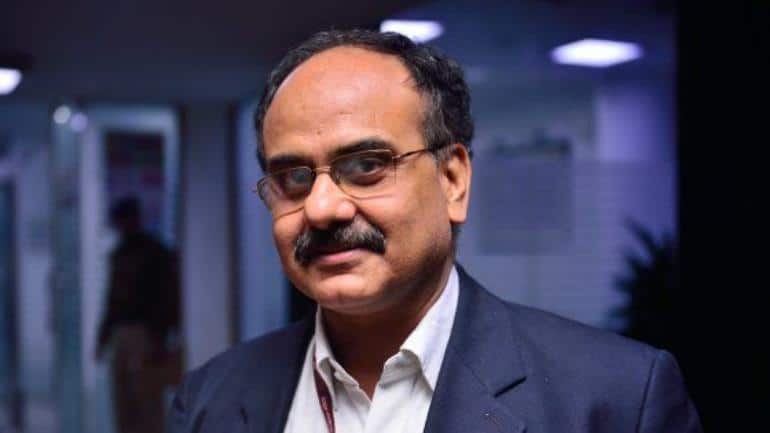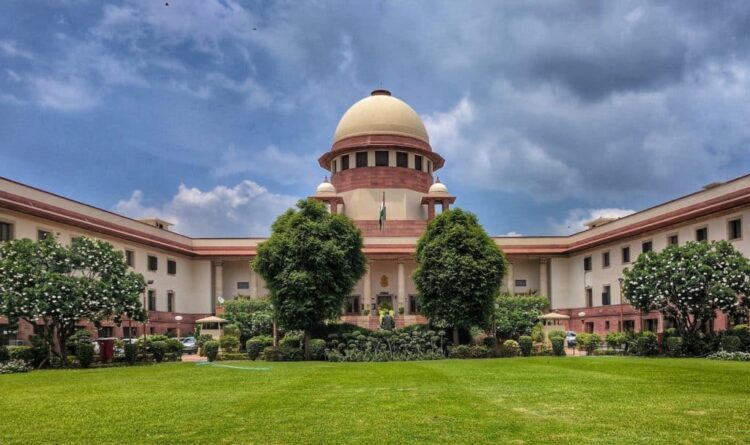In an affidavit to the Supreme Court, the Central Government stated that it has decided to accept an expert committee’s advice to keep the maximum of Rupees 8 lakhs gross annual income for Economically Weaker Section (EWS) reservations.
The Centre has also agreed to drop the home asset requirement for EWS eligibility. However, ongoing admissions, including NEET-PG counselling, will continue as usual, and the updated criteria will be implemented beginning with the following academic year, according to the Centre.
In its report submitted to the Centre on December 31, the three-member committee comprised of former union finance secretary Ajay Bhushan Pandey, member secretary ICSSR VK Malhotra, and principal economic advisor Sanjeev Sanyal stated, “The committee has come to the conclusion that the existing annual income criteria of Rs 8 lakh is not over-inclusive.”

Along with the income cap, the Centre stipulated that the beneficiary’s family must not own or hold five acres of agricultural property, a residential flat of 1,000 square feet or more, or a residential plot of 100/200 square yards or more in notified/unnotified localities.
Following the committee’s recommendations, the amended EWS criteria maintain the Rs 8 lakh annual income threshold but eliminate households with agricultural land of five acres or more, regardless of income.
The affidavit was filed in answer to the court’s questioning of the government as to why it had agreed to an annual income of less than Rs 8 lakh to identify possible EWS beneficiaries within the all-India quota.
At the previous hearing, in November, Solicitor-General Tushar Mehta, representing the government, stated that existing income requirements will be reviewed, and a judgement made within four weeks.

The Committee was required to:
- Revisit the criteria in the O.M. dated 17-01-2019 in defining the EWS category in light of the Supreme Court’s remarks in their Order of October 21, 2021.
- Examine the different ways used in the country to identify EWS and provide criteria that might be used to detect EWS in the future.
According to Live Law, the Centre also accepted the committee’s suggestion to remove the home asset requirement for a person to be considered for the Economically Weaker Section.

Previously, anybody who possessed five acres of agricultural property or a residential flat of 1,000 square feet or more in either notified or unnotified communities was not considered a beneficiary.
These guidelines, however, will not apply to current admissions, including National Entrance Cumulative Eligibility Test, or NEET, counselling.
The government revealed its decision in an affidavit filed in response to a group of petitions filed by NEET candidates contesting 27 per cent reservation for Other Backward Classes and 10% reservation for Economically Weaker Sections in all-India quota seats in postgraduate medical courses.
The affidavit was filed by the Centre in the case Neil Aurélio Nunes and others versus Union of India and others, which was filed through Dubey Law Associates and Dr Charu Mathur Advocate-on-Record.
Also Checkout: One-Third of English Council Support Policies to increase Carbon Emissions despite alert for “climate emergency”: BBC Research
















